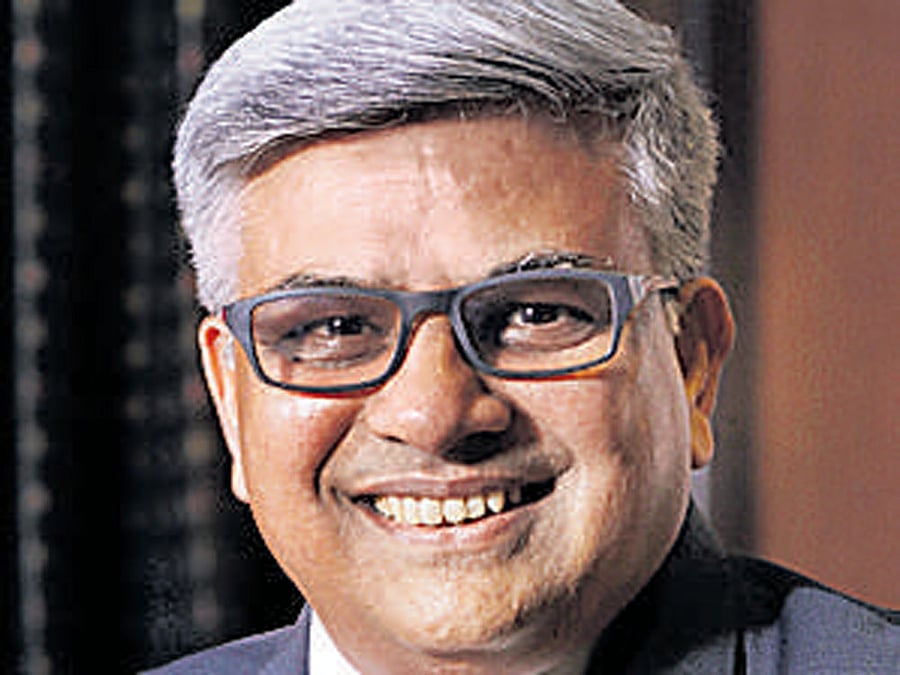
Awaiting the government’s expected move to implement the Goods and Services Tax (GST) regime in July, Swedish automotive giant Volvo is pushing plans to grow in India’s long-haul trucking space.
Talking to DH about the company’s vision, Volvo India Managing Director Kamal Bali said, “In terms of long-haul trucks, we are very bullish going forward. The advantage that a Volvo truck could provide for long-haul applications is yet to be realised due to current interstate border controls. With the GST coming in, we are likely to have a ‘borderless India’. The movement of a truck from one point to another will become seamless, as there will be no time wastage or stoppage on the way.”
Today, on average, a truck covers only 200-300 km a day, but once the GST kicks in, it can roughly do 800 km a day, and Bali said that Volvo is ready with trucks to tap this trend.
Long-haul trucks are large heavy-duty vehicles of 15 tonnes and above, catering to a multitude of applications from cargo, haulage to tractor-trailers, carrying goods and supplies over long distances. While the sector has seen many players, Volvo is yet to begin selling these trucks in a big way, with 95% of its truck sales coming from the mining demand.
“Selling long-haul trucks in a big way will take time. But they’re already on the assembly line, and will be made at our Hoskote plant,” Bali said, adding that the company’s long-haul stable includes FM, FH, and FMX ranges.
Even as GST does get implemented come July, dedicated freight corridors are already coming up across India — Delhi-Mumbai, Chennai-Bengaluru, and Amritsar-Kolkata, among others.
“Along these corridors will commence multi-modal transportation, including trucking, and they will also allow free movement of cargo, thereby reducing burden on other roads. That is where the right power-to-weight ratio is required, and that is what we offer, with better efficiency and productivity,” Bali added.
Referring to current trends in the long-haul space, he reflected, “The market will grow with the need for improved logistics. Currently, logistics costs in India are very high, at almost 13% of the GDP being spent on it, against the global average of 8%.
This 5% excess translates to a cost of over $100 billion a year, with its burden being not only split between the producer and distributor, but cascading onto the end-customer. It’s a huge waste for which the GST and improved long-haul mobility will act as a game-changer.”
